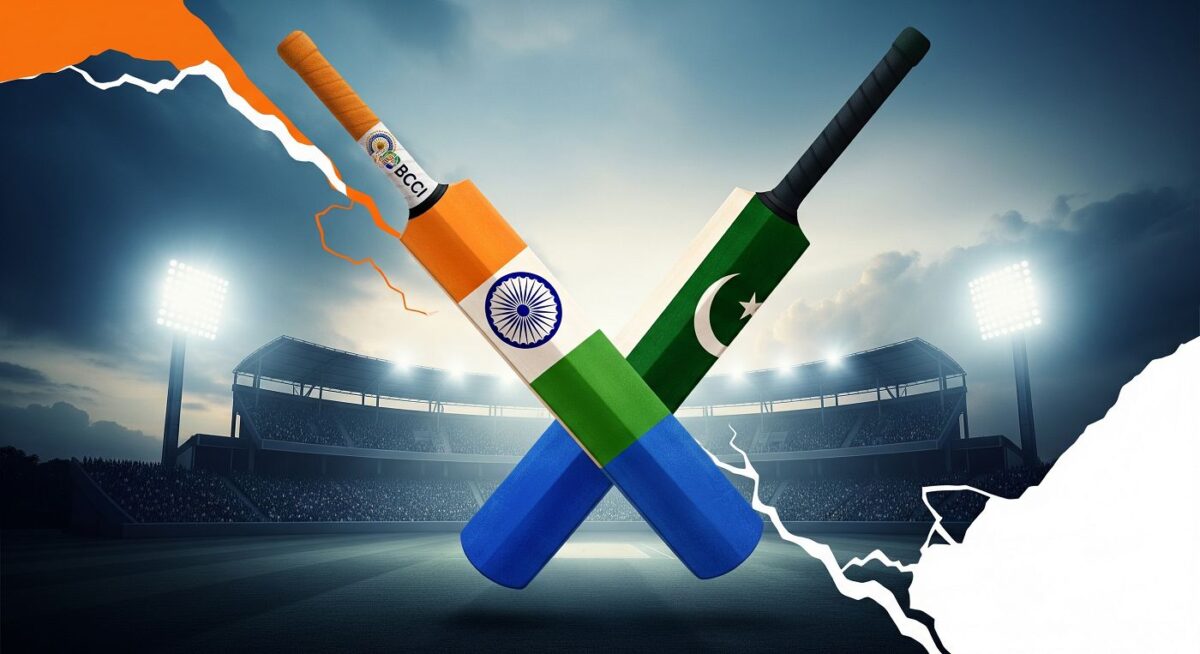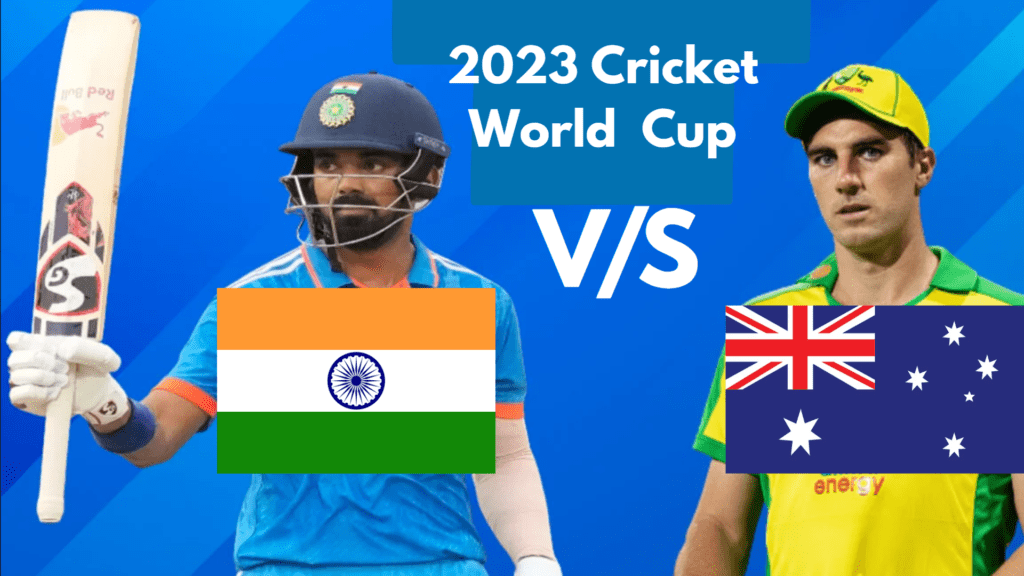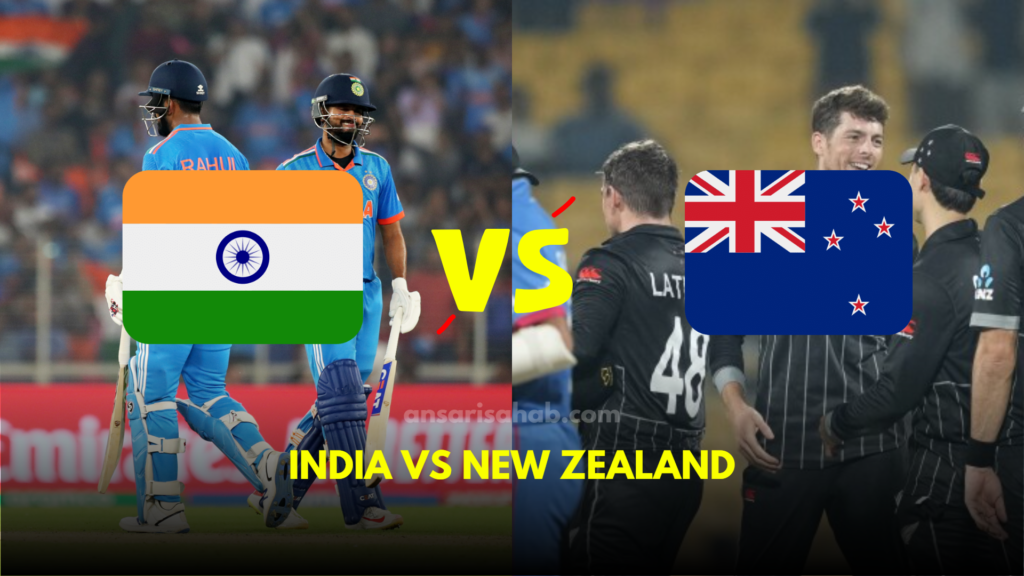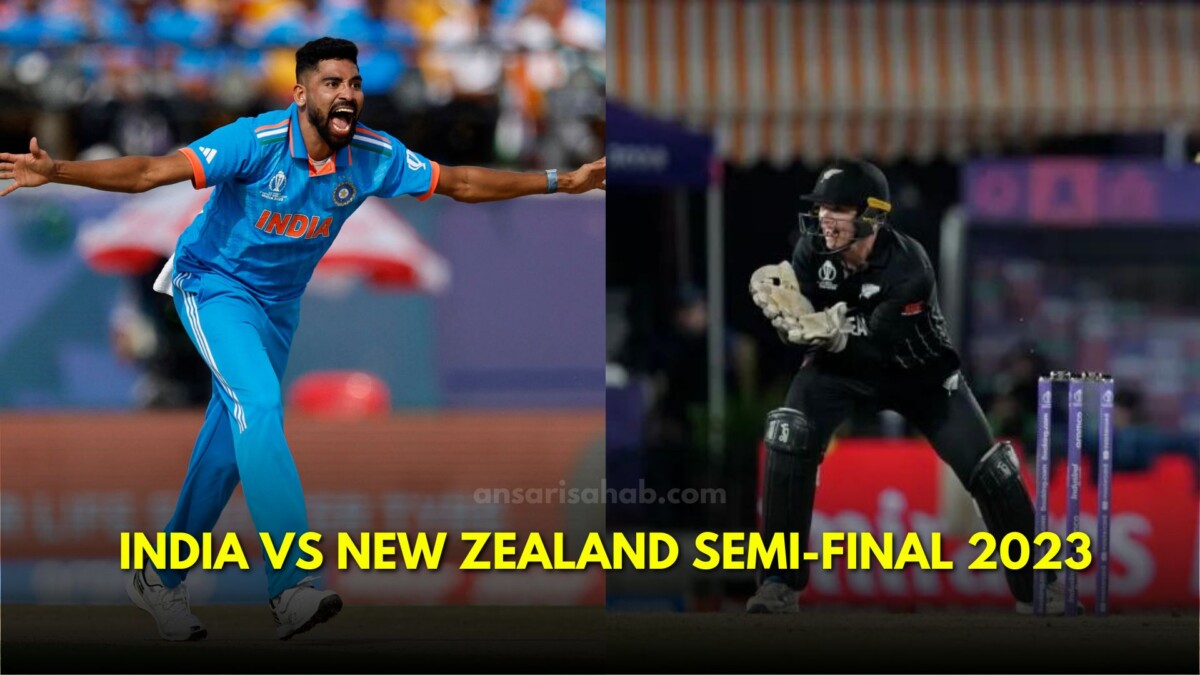India’s decision to face Pakistan in the Asia Cup 2025 has sparked intense debate, prompting the BCCI criticism over the fixture to mount from political quarters and former athletes. However, the Board of Control for Cricket in India (BCCI) has firmly defended its stance, affirming that it is simply adhering to central government policy regarding multinational sporting events.
Government Policy Guides the Decision
BCCI Secretary Devajit Saikia emphasized that the board’s actions are not discretionary but strictly aligned with directives from the central government. Recent policy updates permit Indian teams to compete against countries with strained relations in multinational events, though bilateral series remain off-limits.
Saikia reiterated, “We have to follow whatever the central government formalises… There is no restriction imposed by the central government on whether we play any of the countries which are not on friendly terms with India.” He later stressed that withdrawal from such matches could expose India to sanctions from international sporting bodies.
Political Backlash and Sporting Rifts
The decision has not gone without pushback. On August 15, Shiv Sena (UBT) MLA Aaditya Thackeray criticized the BCCI, accusing it of placing “greed for money” above national sacrifice—particularly insidious in light of the recent Pahalgam terror attack.
He further questioned whether the BCCI’s actions prioritize sports revenue over national sentiment, even urging India’s sports minister to intervene. His letter to Union Sports Minister Mansukh Mandaviya reignited public and political scrutiny.
Strategic Rationale and Sporting Obligations
The BCCI draws on India’s international obligations. Matches in the Asia Cup—a multinational tournament hosted by the Asian Cricket Council—are compulsory. Saikia underscored that refusing participation could undermine India’s standing with global institutions like the ICC and beyond.
A report in Hindi also highlights this shift, stating that both the government and BCCI agreed to separate sports from political tensions when it comes to continental tournaments like the Asia Cup. This strategic choice reflects India’s ability to balance sports diplomacy with geopolitics.
What This Means for Cricket and National Interests
- Sports Governance vs. Diplomacy
While political leaders question the decision, the BCCI maintains its obligation to uphold sporting commitments under government-approved frameworks. This line drawn between politics and sports governance may influence future high-profile match scheduling. - Public and Fan Reactions
Emotions run high amid rising nationalist sentiments. Fans and leaders alike view a match against Pakistan as symbolic. How BCCI navigates these optics will impact its reputation among cricket-loving citizens. - Third-Party Responses
International bodies could react adversely to non-participation in multinational events. Conversely, India’s compliance strengthens its credibility on the world stage—especially important as the nation looks to host or co-host premier tournaments like the ICC Champions Trophy and World Cups.
FAQs
A1: Several political figures, notably Aaditya Thackeray, accused the BCCI of prioritizing financial interests over national sentiment, especially following the Pahalgam terror attack.
A2: BCCI asserts that participation adheres to central government policy permitting India to play countries with strained relations in multinational events. Refusal could lead to sanctions from international sporting regulators.
A3: No. The policy specifically allows competition in multinational tournaments like the Asia Cup or ICC events, while bilateral series with hostile nations remain prohibited.
India’s Asia Cup clash against Pakistan is more than a cricket match—it’s a litmus test of sports governing policy, political sentiment, and international diplomacy. Facing growing BCCI criticism, the board maintains that it is merely fulfilling its obligations under government direction, even as public debate continues to simmer.
Sources:
Times of India
Crictoday
Hindustan Times








